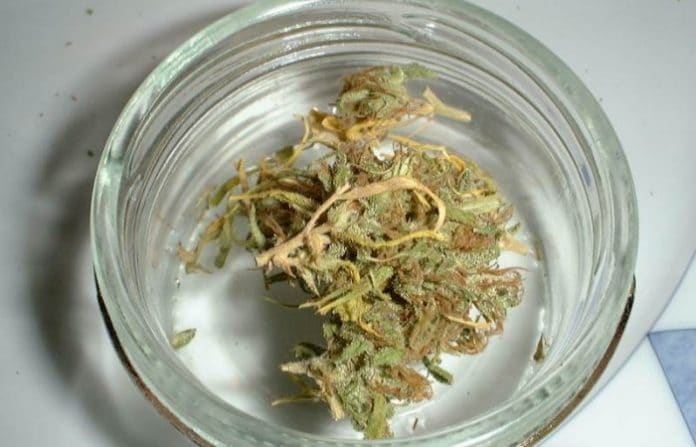Medical cannabis patients in Nevada are feeling the pinch since recreational cannabis laws came into effect, pushing up the price of their much-needed medication and creating supply issues.
The state began running out of cannabis available for sale shortly after recreational cannabis became legal on July 1. It’s been reported that during the first weekend, sales reached USD $3 million. There may be increasing problems ahead as late last month the Nevada Dispensary Association said the tourist market is projected to drive cannabis retail sales in the state to become the largest marketplace nationwide.
While Nevada now has 47 licensed retail marijuana stores, it appears it simply isn’t enough.
The situation became so dire that last week a “statement of emergency” was declared and endorsed by Nevada’s governor, which enables a prompt response to a temporary situation.
A price comparison site estimates the current cost of an ounce of high quality dispensary medical cannabis at around USD $350, while an ounce of high quality “street” medical marijuana was $239.
With street prices so much cheaper, it seems some patients are gravitating back towards the black market; an issue that will be causing concern for authorities.
In Nevada, purchasers must be 21 years or older to enter a dispensary unless they are a medical patient and need to present government-issued identification. Each person may purchase up to 1 ounce per transaction and possess up to 1 ounce of flower or 1/8th of an ounce of concentrated marijuana at any given time.
Registered medical marijuana patients may possess 2.5 ounces or 12 plants.
According to May statistics from the Nevada Medical Marijuana Registry, there were 28,308 active patient cardholders and 517 recommending physicians. Under the program, qualifying conditions include cachexia, cancer, HIV/AIDS, muscle spasms, PTSD, seizures, severe nausea and severe pain. Statistics aren’t yet available of how many individuals are purchasing cannabis legally for recreational purposes.
The situation in Nevada is providing a valuable lesson for other states considering heading down the same path, but that’s cold comfort for the state’s registered patients who are now struggling to secure and pay for their medication.


